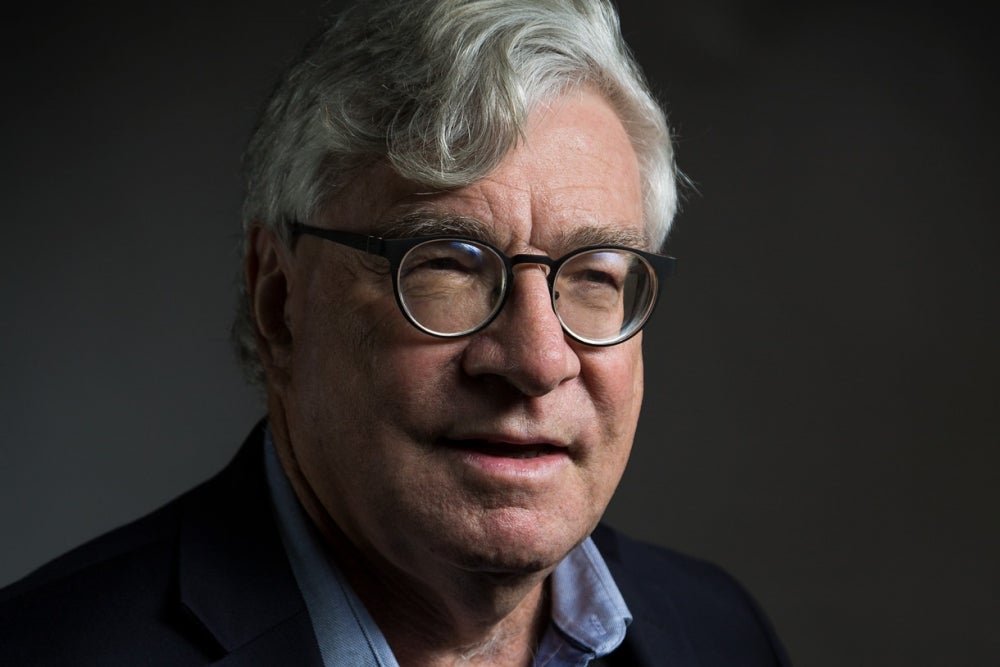
‘Neoliberal Globalization and Rust Belt Decline’
Neoliberal globalization and rustbelt decline, against which Donald Trump polemicized so effectively in 2016, was hardly an inevitability at the outset of the Clinton presidency.
So argues UC Santa Barbara labor historian Nelson Lichtenstein.
The Republicans of the Reagan-Bush 1980s, he says, were far more ambivalent about free trade and financialization than conventional wisdom holds; more important, the “Clintonites” came into office with an abundance of plans for reorganizing American capitalism, from the “managed trade” designed to aid Detroit and Pittsburgh to health insurance reform and an initiative to begin the reorganization of American work life.
Clinton’s failure had many sources, according to Lichtenstein, personal and political, but perhaps the most important was that his team failed to appreciate the degree to which corporate and financial power had already divorced itself from the confines of a nation-state over which Clinton presided and sought to reform.
“Today, Bill Clinton is in the doghouse, the personification of neoliberal capitalism and opportunistic politics,” Lichtenstein said. “But he did not start off that way. My research into the political economy of the Clinton Administration tries to explain why and how an effort to ‘manage’ American capitalism in a more progressive fashion failed in such a consequential and tragic fashion.
“By the end of the 1990s the toxic, speculative world of Wall Street derivatives and securitizations was in full swing,” he continued. “The boom and bust economy of the 21st century has been one product of that failure; the hollowing out of our manufacturing industries another. By 2016, Donald Trump was ready to take advantage of both.”
Lichtenstein will explore this and more when he delivers UC Santa Barbara’s 64th annual Faculty Research Lecture Tuesday, Oct. 15. His talk, “A Fabulous Failure: Bill Clinton, American Capitalism, and the Origins of Our Troubled Times,” will take place at 4 p.m. in the campus’s Corwin Pavilion. Free and open to the public, it will be followed by a reception at 5 p.m.
The highest honor bestowed upon UC Santa Barbara professors by their peers, the Faculty Research Lectureship recognizes extraordinary scholarly distinction.
A distinguished professor of history, Lichtenstein directs UC Santa Barbara’s Center for the Study of Work, Labor, and Democracy, which he founded in 2004 to train a new generation of labor intellectuals. An expert in the history of labor, political economy and social thought, he is the author or editor of 16 books, including, most recently, “Achieving Workers’ Rights in the Global Economy.”
Among his other books are “Walter Reuther: The Most Dangerous Man in Detroit,” “State of the Union: A Century of American Labor,” “The Retail Revolution: How Wal-Mart Created a Brave New World of Business” and “American Capitalism: Social Thought and Political Economy in the Twentieth Century.”
In 2012, Lichtenstein received the Sidney Hillman Foundation’s Sol Stetin Award for lifetime achievement in labor history. That same year he was elected to the Society of American Historians.
Currently, he is writing a history of economic thought and policymaking in the administration of Bill Clinton. In collaboration with colleagues Alice O’Connor, a professor of history at UC Santa Barbara, and Gary Gerstle, an historian at the University of Cambridge, he has edited the volume, “Beyond the New Deal Order: From the Great Depression to the Great Recession,” forthcoming from University of Pennsylvania Press.
In addition, Lichtenstein is a contributor to the magazines Dissent, Jacobin, New Labor Forum and American Prospect.



